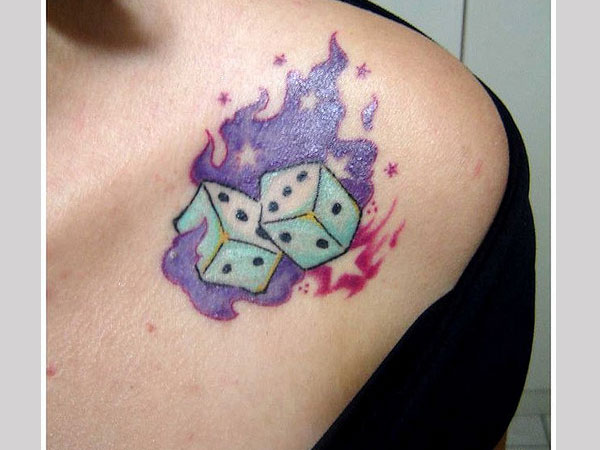Who Emotional Vampires Are and How They Affect Us

Why do we experience even a short interaction with some people so excruciatingly? A neutral conversation with an emotional vampire can take away our strength if we do not learn how to confront him competently. Emotional Vampires-
Who Are Emotional Vampires
The term “energy vampire” fits the description of characters who take something important from a person. In psychology, this type of behavior has no official name, but we refer to vampires as all those who impose unwanted communication and receive necessary resources from others. An example would be an innocent conversation about violets that an annoying colleague starts every day. It is uncomfortable to cut her off, and at the end of the conversation you are haunted by a feeling of fatigue.
Emotional or energy vampires rarely act consciously. By imposing communication, they satiate their need for attention and socialization. Meanwhile, they quite realistically violate personal boundaries by ignoring the wishes of the interlocutor. Communicating with a vampire leads to moral and physical exhaustion.
According to experts, invasion of personal space activates our limbic system, which is responsible for the connection between emotions and the body. The brain assesses the situation as a physical attack. As a result, an aggression response occurs, and we freeze because escape is not possible.
Vampires Are Infantile
Psychologists say that the main trait of emotional vampires is infantilism, and recommend communicating with them as young children. Here is what they recommend:
- Define communication boundaries and keep it within limits.
- Not to lecture.
- Encourage “good” behavior.
- Use occasional ignoring as “punishment.”
They Don’t Need an Invitation
Remember the myths about vampires: they can’t get into the house without an invitation from their host. Emotional vampires, on the other hand, are not so tactful with their victims. They don’t need an invitation. Do you enjoy playing at ? Or are you into a silly but fun Netflix series? This person won’t hesitate and tell you what he thinks about such an activity of yours. So why don’t we resist? The fact is that we don’t perceive what is happening as a real threat. Common cultural norms also play a role. At the end of an unpleasant conversation, pride in restrained anger loses its relevance from a sense of being treated wrong.
Self-love
Psychologists recommend stopping unwanted communication immediately by protecting your boundaries and feelings. A critical approach to what is happening will help protect yourself from the attack of the energy vampire. It’s enough to take a break and decide for yourself certain issues. This is the only way to get away from an unwanted dialogue and stop communicating with the vampire.
What to Do if You Consider Yourself a Vampire
As an option, you can switch to satisfying your needs in ways that are sparing to others. For example, self-restrain yourself during contact with others. A sense of proportion will suggest a beneficial solution for all when it is good for us and our interlocutors. If we know how to take care of ourselves, we will not break boundaries in our communication with others.
Experts allow the exchange of energy if we have plenty of it. For example, when we feel joy, we are ready to share it with the first person we meet, without depriving ourselves of it. By paying attention or expressing sympathy, we cultivate our own feelings in the long run.
Communication that brings joy and satisfaction to both parties leads to a surge of energy, vivacity, and a positive charge of energy. In this way all participants are enriched, not just one. A productive conversation leaves a pleasant memory and a desire to do something good.
 Tagged:
Emotional Vampires book, types of Emotional Vampires
Tagged:
Emotional Vampires book, types of Emotional Vampires











